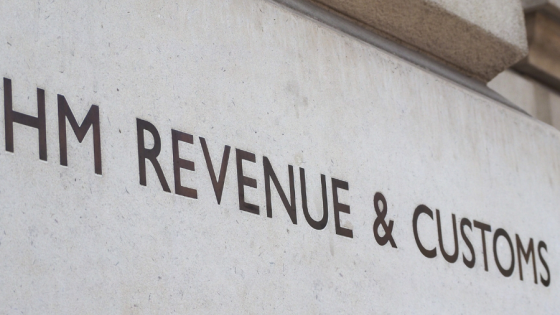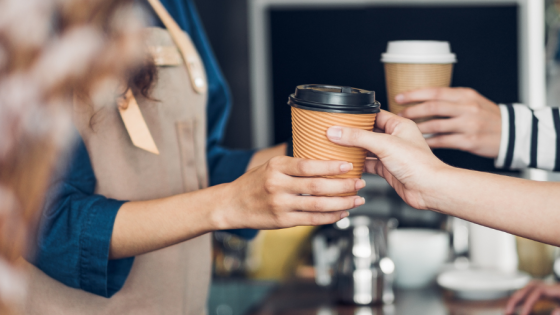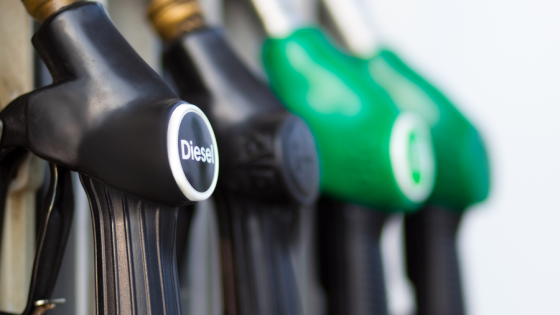VAT and BREXIT: Services and Place of Supply
11 Jan 2021
Supplying and receiving services subject to the reverse charge and what you need to knowCategories & Tags
<b>For those of you feeling overwhelmed about the VAT implications of BREXIT, the key point about is that in almost all respects from a VAT point of view, dealing with the remaining 27 member states will be the same as dealing with non-EU countries prior to 1 January 2021.</b> That is to say, other than in relation to certain movements of goods involving Northern Ireland, there are no new rules to be understood or implemented; it is simply a case of applying rules and procedures that are already in place for transactions involving overseas jurisdictions outside the EU and applying those to similar transactions involving the EU member states. Still feeling overwhelmed?! Our various VAT bites will help.
<b>Supplying and Receiving Services Subject of the Reverse Charge:</b>
<b>Supplying:</b> The VAT treatment of most services is unchanged. Those which have been VAT-free when supplied to businesses in the EU remain so, but without the need for the completion of EC Sales Lists or the requirement for a specific narrative on the face of the invoice.
<b>Purchasing:</b> The reverse charge has already applied to the purchase of relevant services by UK businesses from all non-UK suppliers within and outside the EU, and will continue to do so. The VAT status of some services supplied from the UK to customers in the EU who are consumers or organisations not in business will change beneficially (e.g. accountancy services provided to those not in business living in the EU), although this may be short-lived in the light of changes to EU law coming in on 1 July 2021 (watch this space).
<b>Place of Supply of Services:</b>
In many cases, the VAT status of a transaction in services is determined at least in part by the identity and/or location of the customer, most particularly whether or not they are in business. However, there are seven types of service which are taxed purely by reference to the nature of the service and where the <b>VAT position is identical for supplies to business customers (B2B) and supplies to customers not in business (B2C).</b> This means that a UK-based business will have to charge VAT on most supplies in these categories, even where the customer is overseas, assuming that the delivery of the service, or in the first category the land concerned, is in the UK. The seven services are as follows:
• Land-related services
• Passenger transport
• Admission to events (and ancillary services relating to such admissions)
• Restaurant services and catering
• Short-term hire of a means of transport
• Services affected by the use and enjoyment override (very limited cases of telecoms, broadcasting, electronically- supplied services and hire of goods)
• Freight transport where the entire journey takes place outside the EU
<b>B2B Services: the General Rule:</b>
<span>If a service which does not fall within the above list, and is supplied to a customer who is in business, the place of supply is in all cases the place where the customer belongs. This means that any service not on the list, when supplied B2B, is chargeable to VAT by the supplier if the customer belongs in the same jurisdiction (regardless of other factors, such as place of physical performance of the service).</span>
News & Resources

Accessing the HMRC mobile APP
More

Making a negligible value claim
More

Reporting expenses and benefits for the tax year ending 5 April 2024
More

Tax-free mileage expenses
More

Claim tax relief if working from home
More

Restarting a dormant or non-trading company
More

Incorporation and names guidance
More

Fuel Duty cut extended
More
